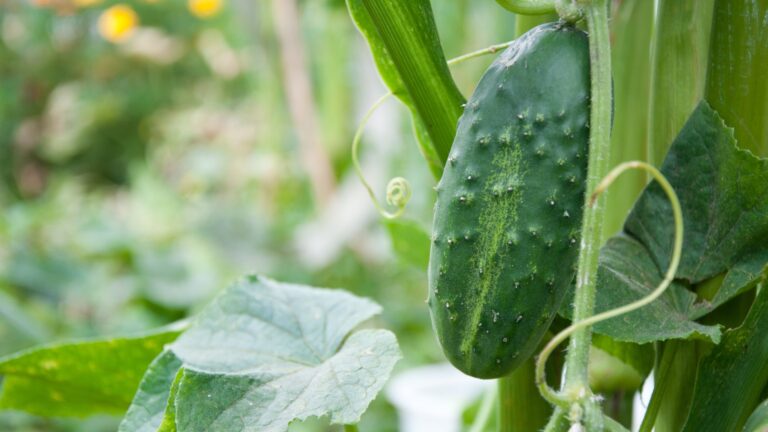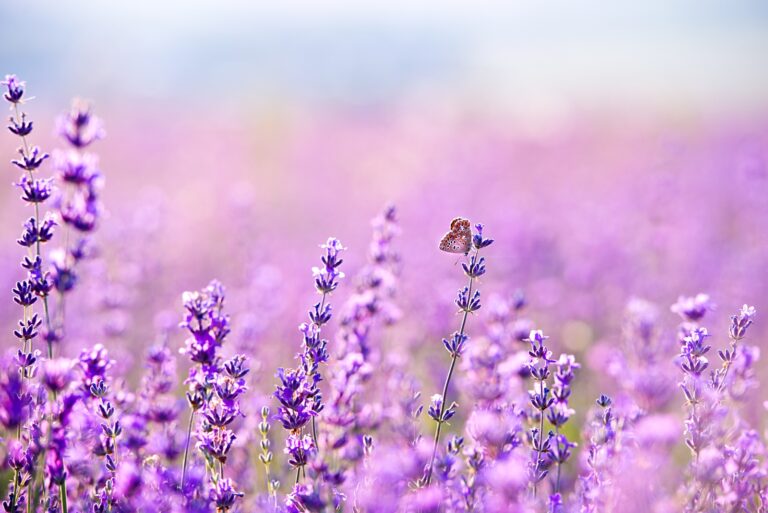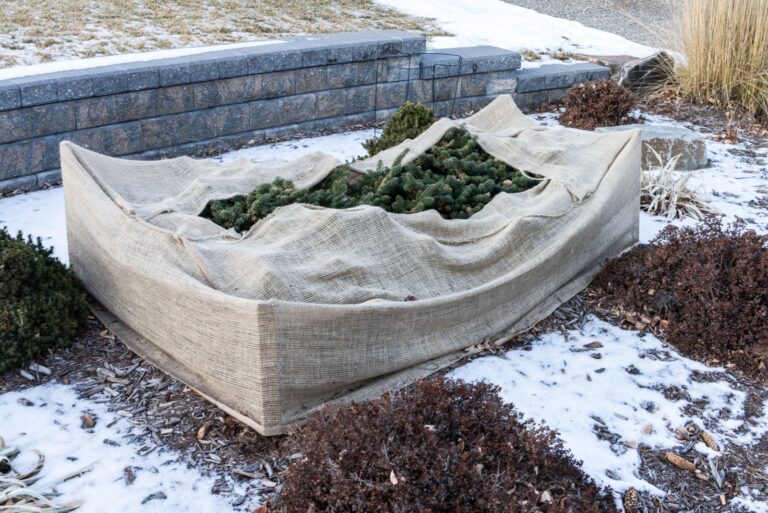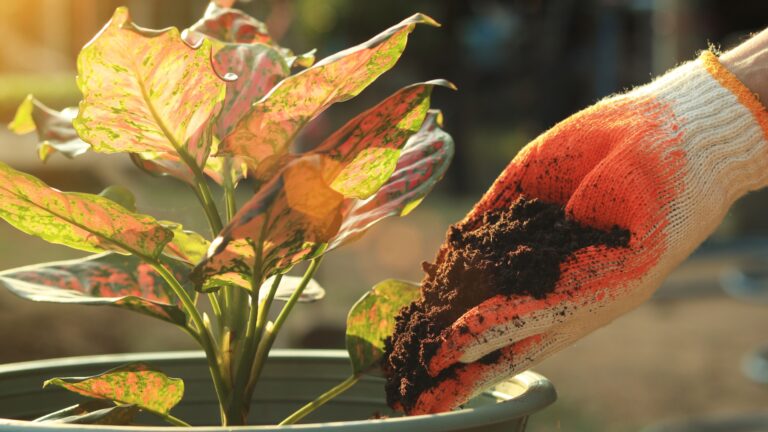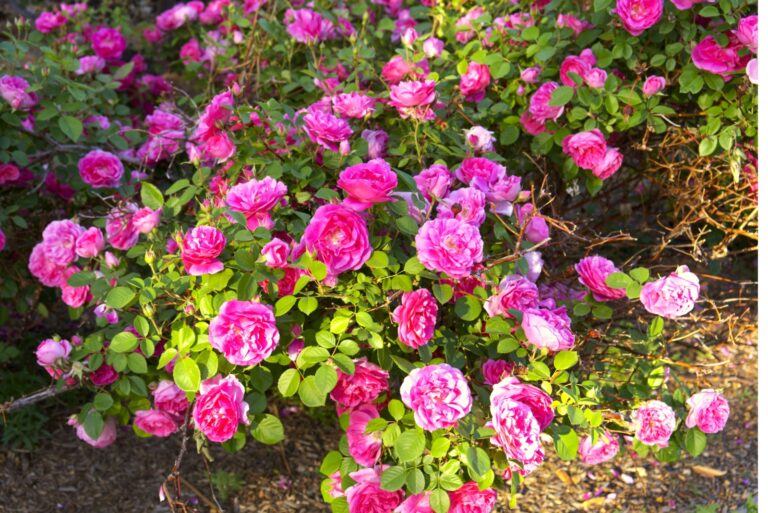If You Want To Protect Your Plants From The Winter Cold, Mulch These 5 Perennials In September
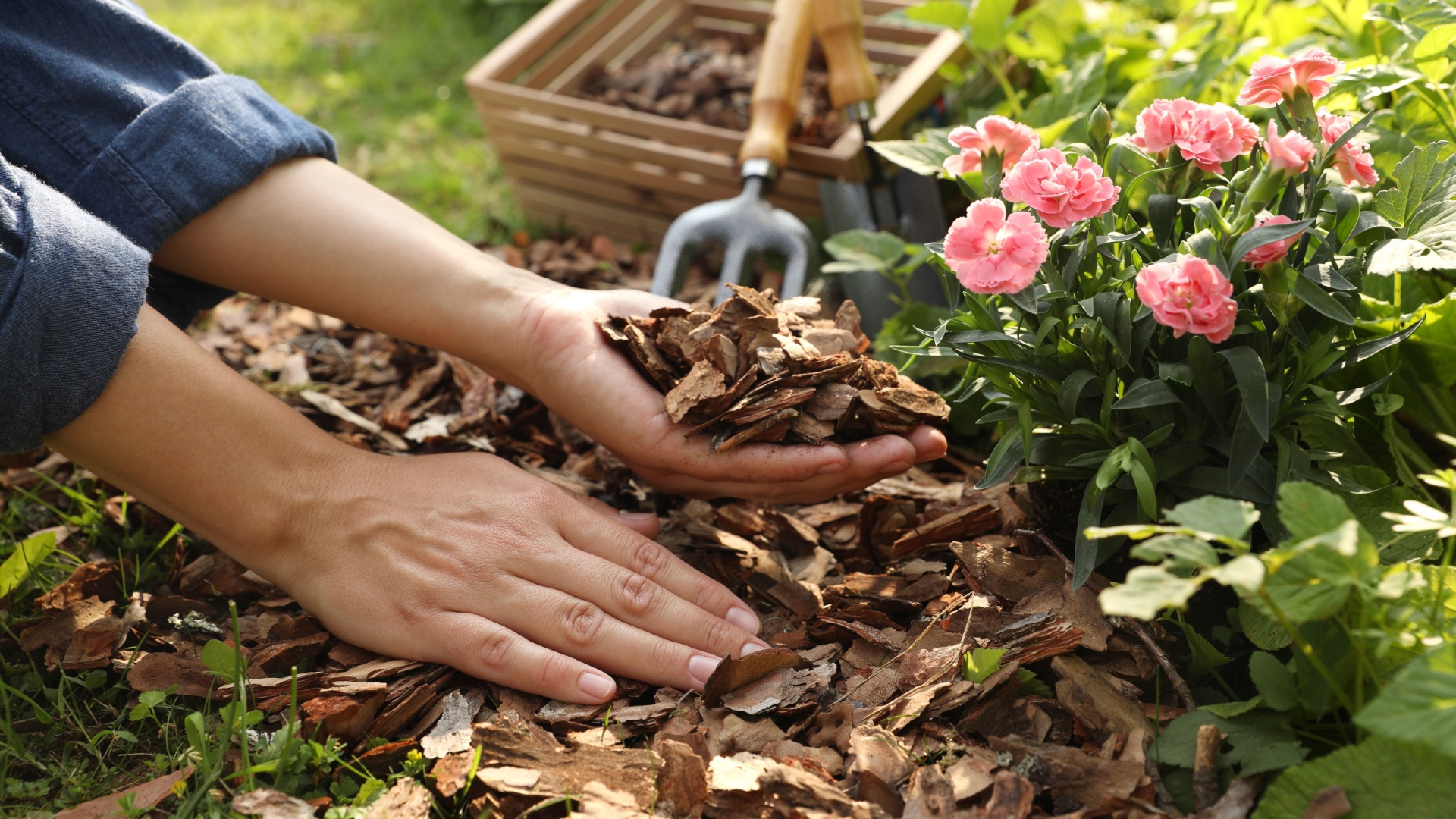
Would you like to know a life hack for helping your plants survive this winter? There’s only one right answer: adding mulch! It’s one of the most important tasks to do in September.
I started doing it a few years ago and my flowers have never been healthier! Now I know exactly how much each plant needs, and the best time to do it is this month.
These eight perennials turned out to be the ones that need mulching more than any other plants. They are sensitive, and protecting them during cold days is a must!
Here is a list that will be helpful so you don’t end up wandering around your garden searching for which plant needs a good layer of mulch!
#1 Adding A Thick Layer Of Mulch Is A Must For Peonies
If you want to add colorful perennials to your garden in the springtime, peonies are a perfect choice! They are one of the most beautiful flowers I’ve ever grown.
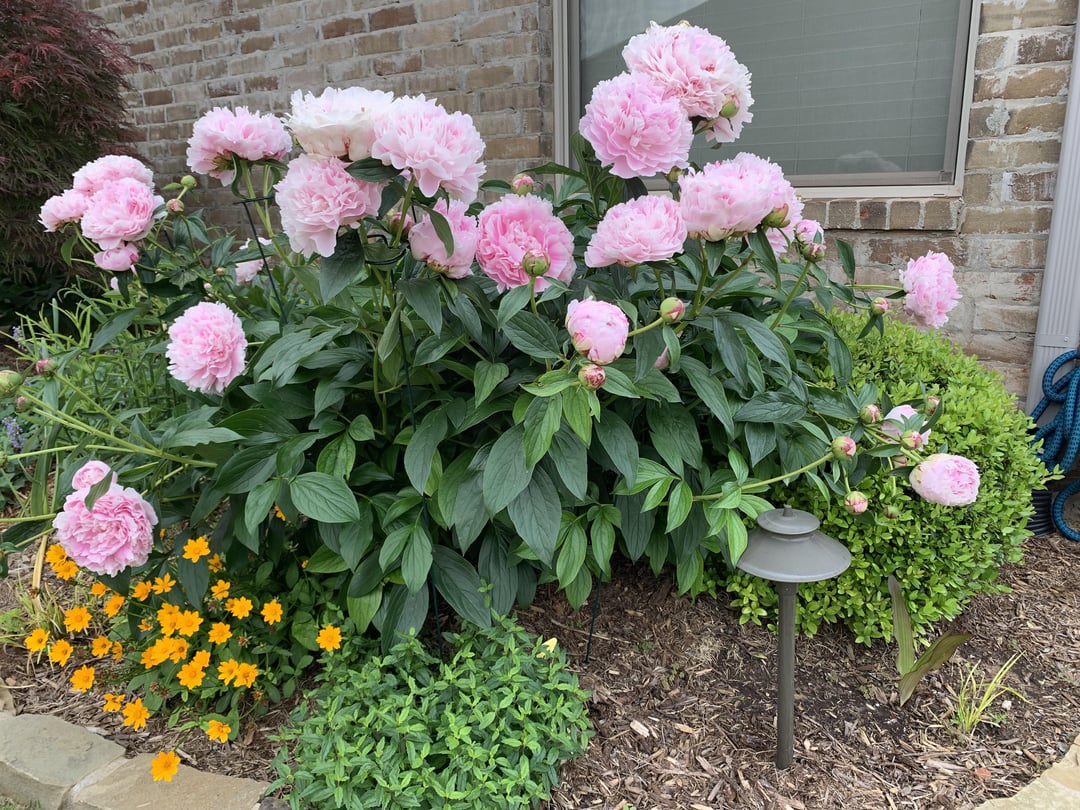
Since they go dormant in the winter, you’ll need to take good care of them so that peonies start blooming in early spring! You can add a layer of organic mulch, such as shredded bark, straw, or pine needles, at the base of the plant.
That will provide a slow release of nutrients that peonies will use to encourage blooms when they start growing! Also, don’t forget to remove layers of mulch when spring arrives because they don’t like to have their base surrounded by too much mulch after winter passes.
#2 Roses Might Need Extra Winter Attention From You
Roses are the plants that every gardener tries to grow at least once, right? Unfortunately, there are cases where they don’t come back to blooming after the winter.
It’s because they are really sensitive plants, and the cold can damage their roots a lot. That’s why they will require a little bit more work than other plants.
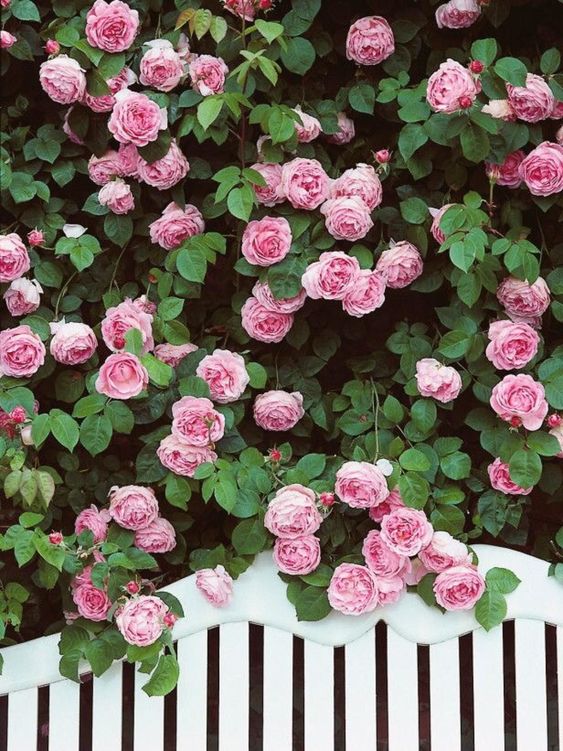
First, you’ll need to feed your roses and water the soil (it should also be free from old leaves and weeds). Next, apply a thick layer of organic mulch. It’s best to use shredded leaves or hardwood bark around the plant’s base.
Now your stunning flowers are safe from being frozen!
#3 Mulch Astilbe In The Fall To Protect Their Roots From Frost
Astilbes are also special perennials, with their feathery plumes that come in beautiful pastel colors! They make such a pretty decoration, especially if planted in containers. But let’s first see how to help them survive the upcoming cold temperatures.
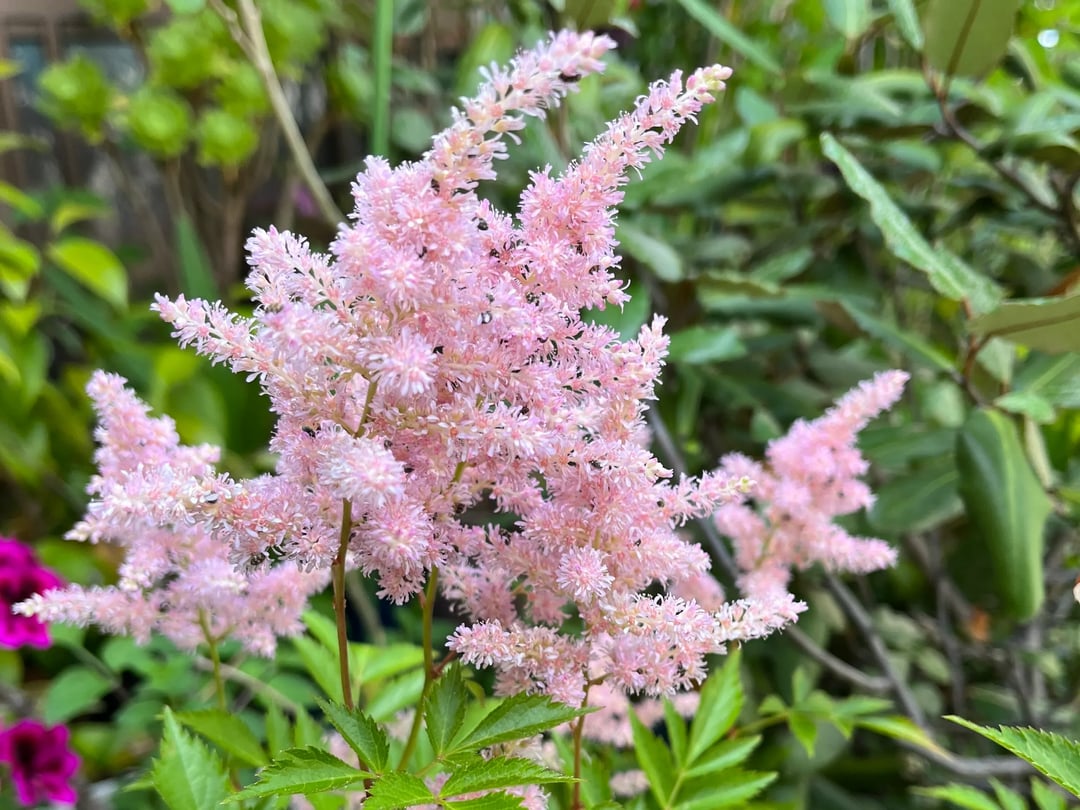
You should add a layer of leaf mold or compost. By doing this, you’ll help their roots avoid freezing and improve the soil moisture, which is crucial for their growth! Isn’t that awesome?
#4 Straw Or Wood Chips Are Ideal For Protecting Your Daylilies
Daylilies can bring a cottage vibe to your garden with their amazing star-shaped petals! Even though they are quite easy to grow, adding mulch will benefit them a lot.
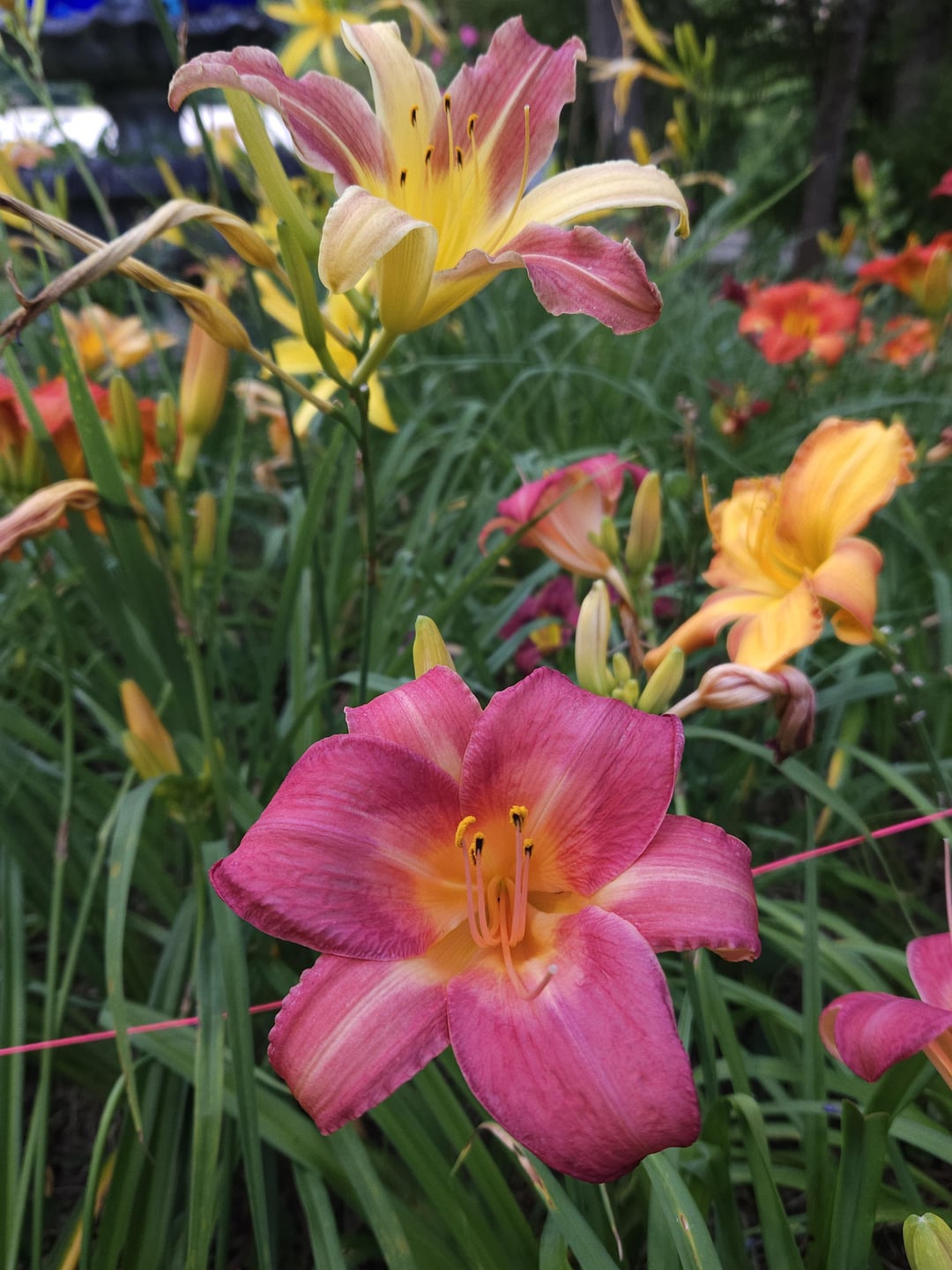
If you do it in September, it will help daylilies keep the soil temperature consistent and retain moisture during winter. It will also control any weeds that might try to get through your plants. You can use wood chips or straw for mulch!
#5 If You Live in A Colder Climate, Hydrangeas May Benefit From Mulching
Folks, we’re down to the last one! Hydrangeas are likely among your favorite perennials, with their beautiful varieties that can complement any garden style.
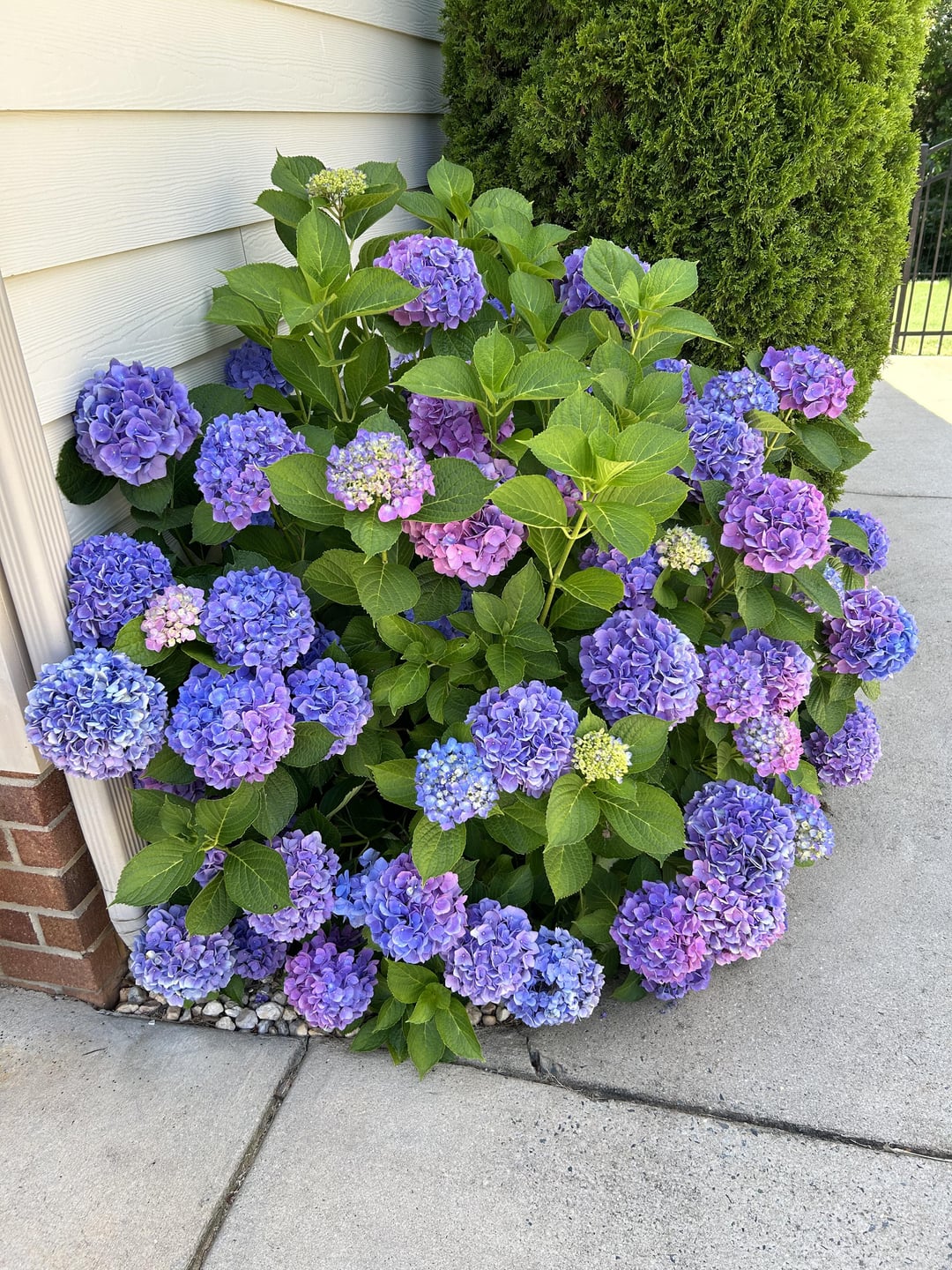
When it comes to mulch, straw, marsh hay, or even fallen leaves can work wonders for your hydrangeas. This will protect your flowers, especially if you live in USDA Zone 6 or 7.
Ready for a bit of work this September? Just follow these simple steps, and your flowers will be protected through the cooler months! By adding a layer of mulch, which you can even find in the garden, your perennials will benefit more than you might expect.
Later, after winter passes, you’ll be amazed by the view of your beautiful plants blooming like never before! When springtime arrives, they will be healthy and ready to thrive all season long. You can already start with this task and slowly prepare them for winter dormancy!
Good luck!

